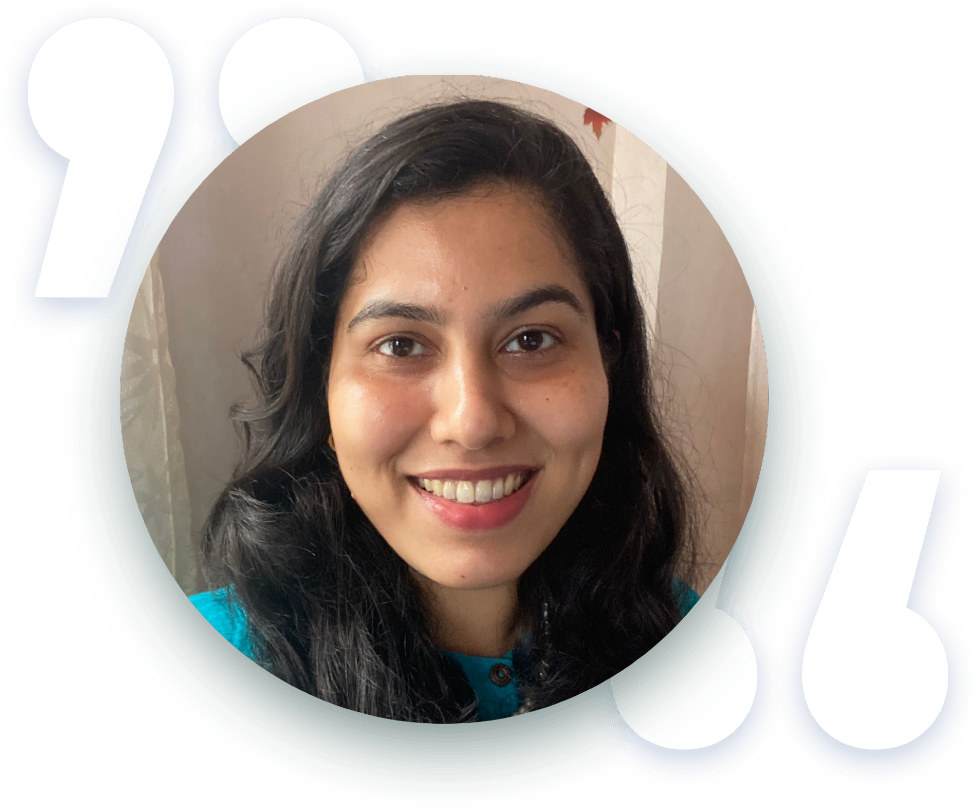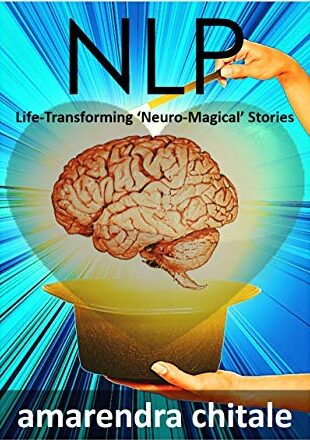
A lot of people have asked me about the difference between being depressed and being sad. Both these words are used one for the other so easily. Especially depression! It is used so loosely and casually without knowing what it really means. So, I have been asked to write something on these lines by some of my Trainees and Coachees and hence here it is! I get this question when I am attending inquiry calls related to my Emotional Intelligence Training. Actually, just a few days ago when I was running an NLP Practitioner Certification in Mumbai, one of my Trainees said, “The title should be ‘Are you depressed or are you just sad’”. I had a problem with the word ‘just’ in that title. Well, being sad is also serious you know! It calls for some action from your end if you are sad. It is your brain’s way of telling you that current effort needs to be changed because the external or internal conditions/circumstances have changed. Let us differentiate the two.
Sadness is a human emotion that all people feel at certain times during their lives. Feeling sad is a natural reaction to situations that violate your beliefs or values. There are varying degrees of sadness. But like other emotions, sadness is temporary and fades with time. In this way, sadness differs from depression. Depression is a longer-term mental illness. It impairs social, occupational, and other important areas of functioning. Left untreated, symptoms of depression may last for a long time. To be diagnosed with depression, people need to have at least 5 of the following symptoms, for a continual duration of at least two weeks. Mental health professionals use the American Psychiatric Association Diagnostic and Statistical Manual of Mental Disorders (DSM-5 criteria) to help determine if someone is sad or depressed. You may receive a diagnosis of depression or persistent depressive disorder if you meet the criteria. It should be noted: The severity of these symptoms must also be considered, so please use these only as a guideline and see a mental health professional for a conclusive diagnosis:
- A depressed or irritable mood most of the time.
- A loss or decrease of pleasure or interest in most activities, including ones that had been interesting or pleasurable previously.
- Significant changes in weight or appetite.
- Disturbances in falling asleep or sleeping too much.
- Feeling slowed down in your movements or restless most days.
- Feeling tired, sluggish, and having low energy most days.
- Having feelings of worthless or excessive guilt most days.
- Experiencing problems with thinking, focus, concentration, creativity and the ability to make decisions most days.
- Having thoughts of dying or suicide.
Depression can occur in both men and women of any age and can affect people of all ethnic groups and socio-economic backgrounds. There are several risk factors for depression but having one or two risk factors doesn’t mean you are depressed. Risk factors include:
- Early childhood or teenage trauma
- Inability to cope with a devastating life event, such as the death of a child or spouse, or any situation that causes extreme levels of pain
- Low self-esteem
- Family history of mental illness, including bipolar disorder or depression
- History of substance abuse, including drugs and alcohol
- Lack of family or community acceptance for identifying as lesbian, gay, bisexual, or transgender (LGBT)
- Trouble adjusting to a medical condition, such as cancer, stroke, chronic pain, or heart disease
- Trouble adjusting to body changes due to catastrophic injury, such as loss of limbs, or paralysis
- History of prior mental health disorders, including anorexia, bulimia, post-traumatic stress disorder (PTSD), or anxiety disorder
- Lack of a support system, such as friends, family, or co-workers
Depression can also occur because of certain medication or drugs:
- beta-blockers
- corticosteroids
- hormonal medications
- Statins, which are drugs used to treat high cholesterol
Obviously, a good question is when do you ask for help? Talk to your doctor if you experience sadness for more than 2 weeks and/or have suicidal thoughts. You will need to seek help if your feelings interfere with your ability to function, take part in usual day-to-day routine or experience enjoyment through any channel.
If you are experiencing sadness (which could extrapolate to depression) you could do some minor lifestyle changes which may help:
- There is something called as Dress-up therapy. Works very well. Dress up for a happy occasion even if there isn’t one because it is proven that your physiology and the way you carry yourself affects the way you think and feel.
- Talk! Expressing yourself definitely helps. You just need a good listening friend in your life you can engage with.
- Loneliness can push you deeper into depression and believe me, loneliness has resulted in deaths as well. Hence make sure you don’t do all the activities alone. Keep your interactions going.
- Connect with other like-minded people. Take a yoga class, or join a jogging club, knitting circle, or another group that interests you. Engage in physical activities or sports.
- Build in time each day for an activity you enjoy.
- Watch funny television shows or movies or read a light-hearted or funny book.
- If you love animals, spend time each day with a furry friend.
- Do not self-medicate through the use of drugs or alcohol.
- Treat yourself kindly by eating healthy and trying to get enough sleep.
- If you have trouble sleeping, try meditating or taking a warm bath before bed.
- Simplify your life as best you can.
Dealing with Sadness and Depression takes a lot of effort apart from keeping the commitments you have made to yourself. Make sure your routine includes self-care. Think of what activities have made you happy in the past and start pursuing those. Of course, reach out to me if you need more clarity.










Nice article too much helpful